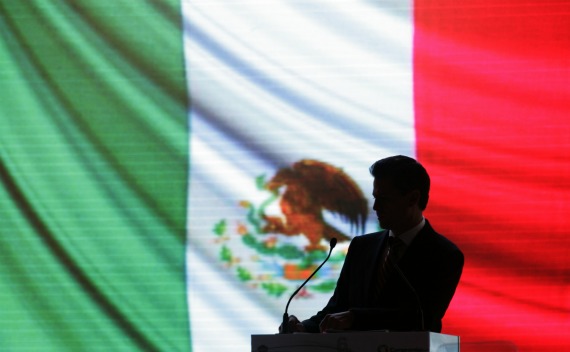Mexico on the Road to 2012
More on:

I had the pleasure of speaking at and moderating a panel last Thursday at the Council of the Americas/Americas Society with Claudio X. González, Chairman of the Board of Kimberly-Clark de Mexico and on the board of a number of top Mexican corporations, as well as Alberto Ardura, Managing Director and Head of Capital Markets for Latin America at Deutsche Bank. Some of the most interesting issues raised were the relationship between security and the economy, and the future of the energy sector.
Overall, the political and economic outlook was quite positive, despite the formidable challenges the next administration will face. Mr. González highlighted that Mexico presents something of a paradox – despite increasing insecurity, the economy is picking up. He credited this in large part to orthodox economic policies that have kept deficits and inflation low, leading to GDP growth in the realm of 4-5 percent (outpacing current market estimates). Mr. Ardura echoed this view, saying that the fifteen plus years of fiscally responsible policies have made Mexico’s economy the healthiest in the hemisphere, with some of the best macroeconomic fundamentals in the world (certainly among emerging markets).
Still, both panelists remained concerned about Mexico’s future competitiveness and growth. Despite its macroeconomic prowess, it has fallen behind Brazil, Peru, Colombia, and even less orthodox Argentina. The main holdups are security, the closed energy sector, education, and the concentration within so many sectors of the Mexican economy. They felt that if the government could tackle a few of these major issues, it could pick up the speed of annual growth to five or six percent -- transforming Mexico in the process.
The speakers were quite optimistic about the PRI, both on its ability to get things done if it wins the presidency (particularly if it wins a majority in Congress, ending legislative gridlock), and on substance -- especially the possibility of opening the energy sector.
But some in the audience doubted the positive momentum, particularly the veracity of the new, more modern PRI that looks set to capture Los Pinos next July. Many (at the podium and in the audience) remained skeptical about whether the “dinosaurs” of the party would stand down, allowing these more comprehensive reforms to strengthen Mexico’s public institutions and jump-start its economy.
More on:
 Online Store
Online Store
